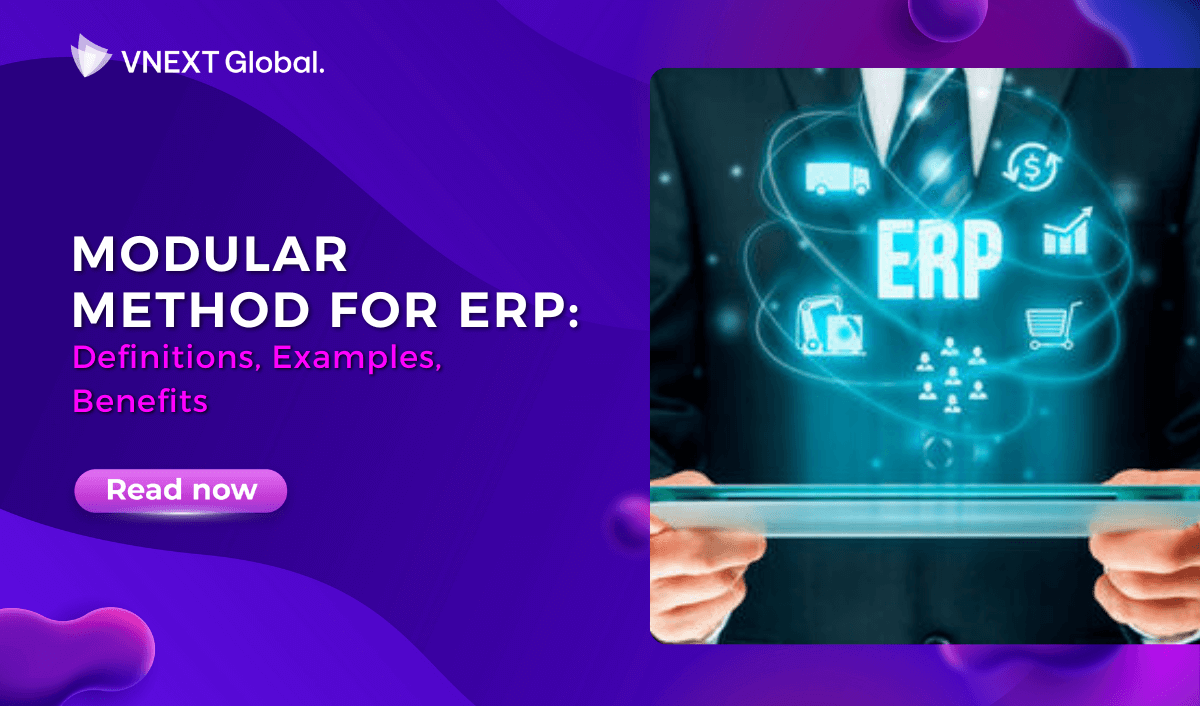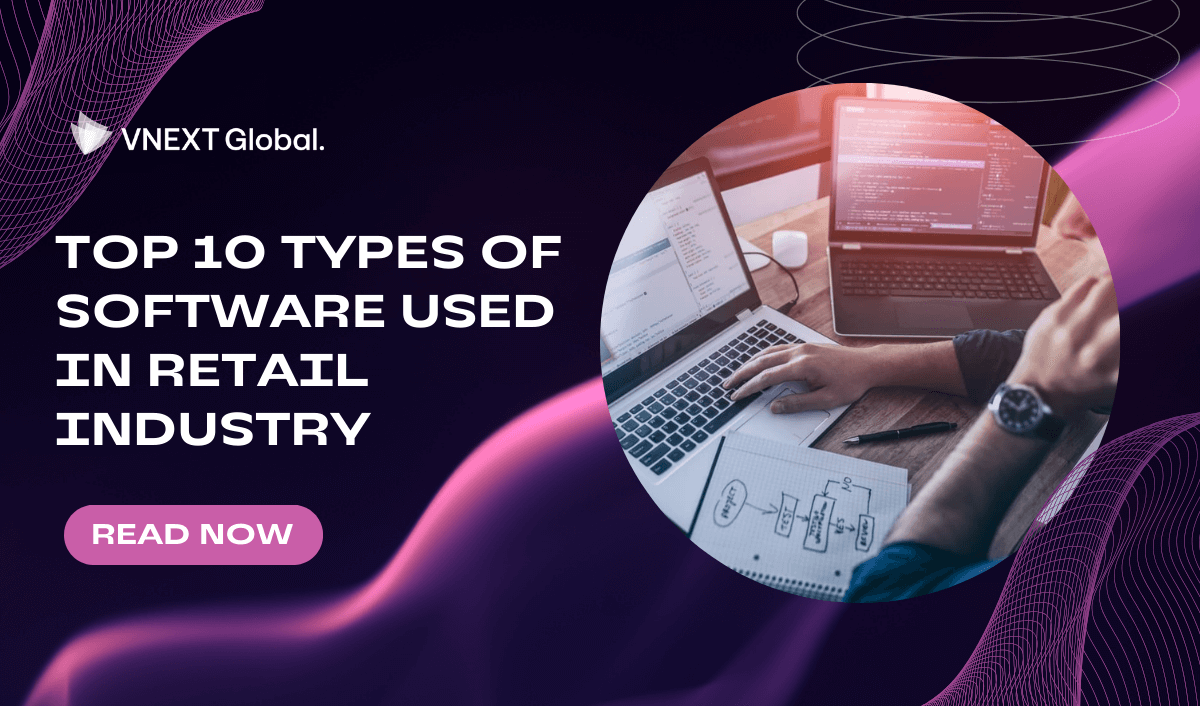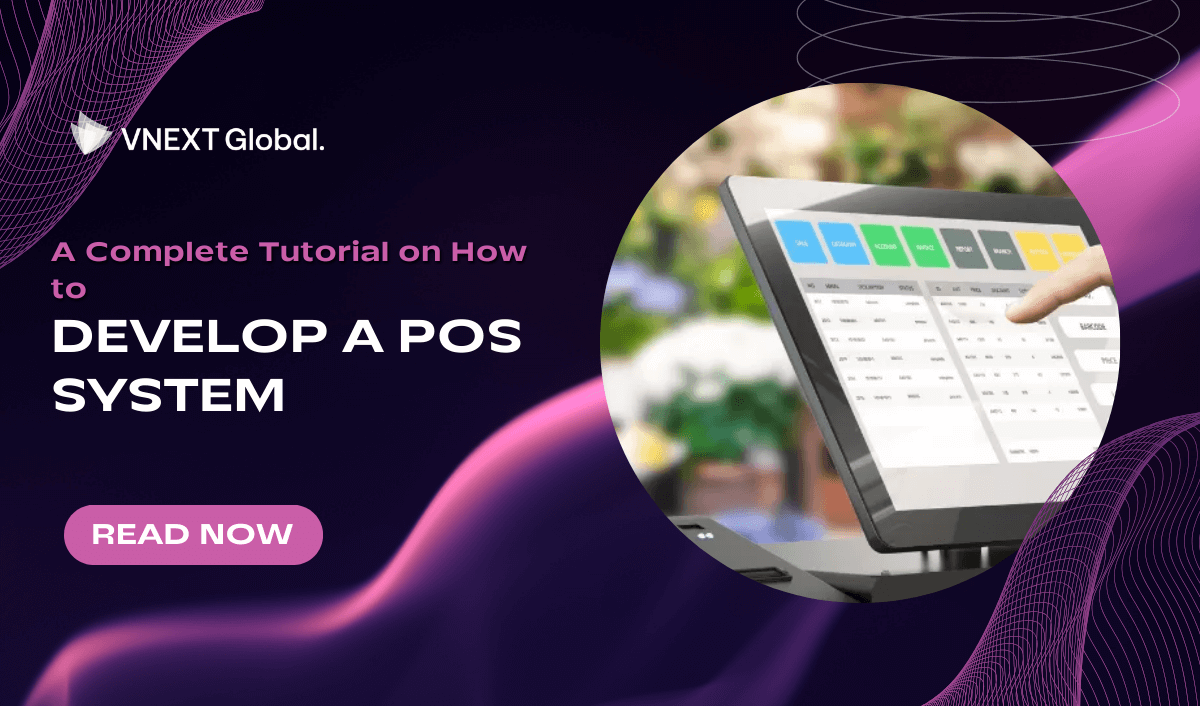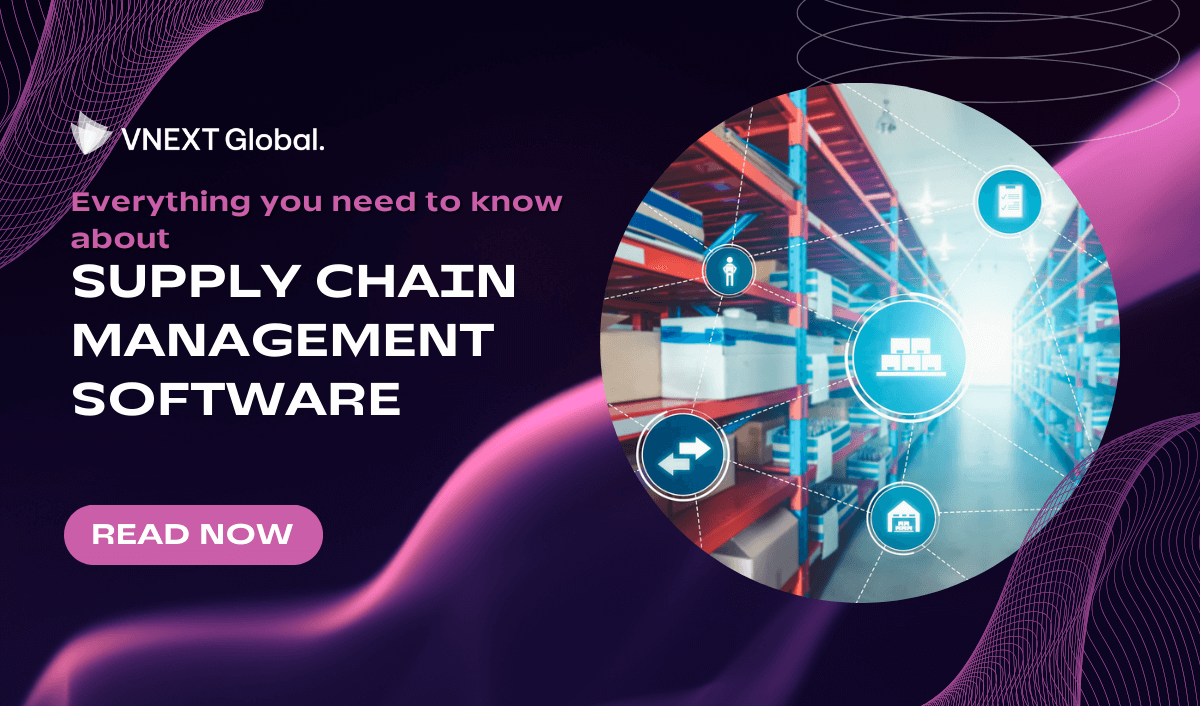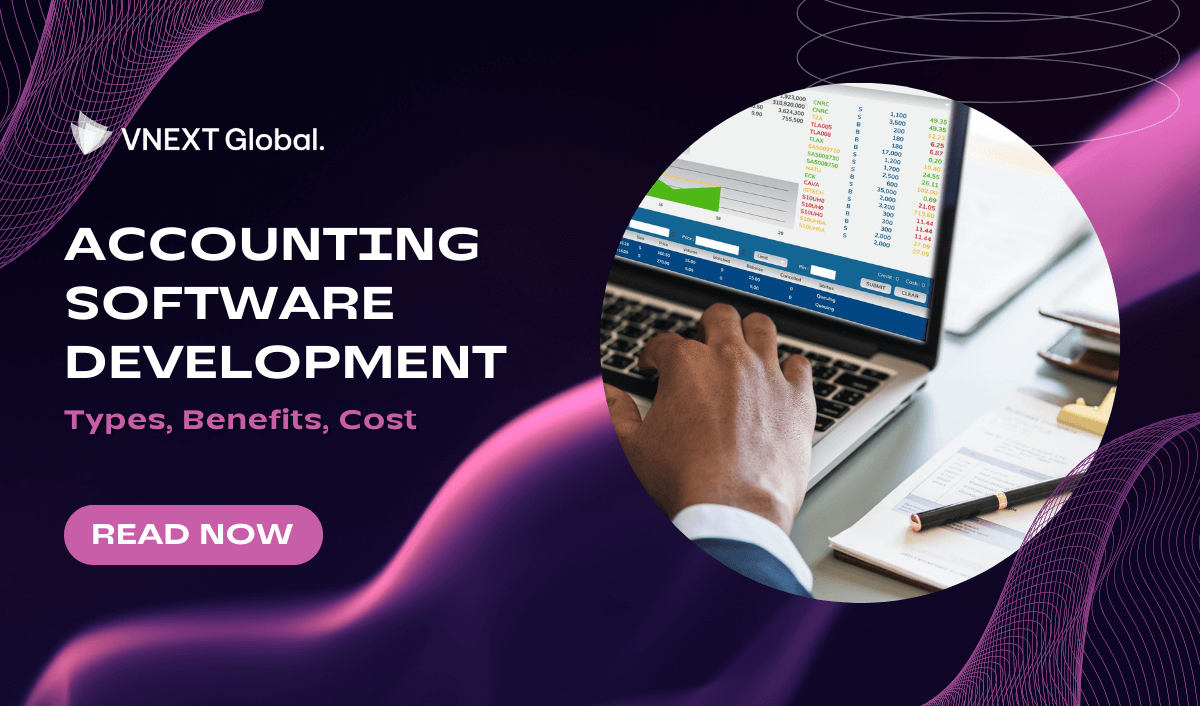Modular Method for Enterprise Resource Planning (ERP): Definitions, Examples, Benefits
Enterprise Resource Planning (ERP) systems are becoming increasingly popular in businesses of all sizes as a way to manage their resources more efficiently. ERP systems provide businesses with a centralized location to manage their finances, supply chains, production, and other essential business functions. A modular ERP system is a type of ERP system that provides businesses with the flexibility to select only the modules that they need, allowing them to customize their system to their specific needs.
1. What is the definition of Modular ERP?
Modular ERP is a type of ERP system that allows businesses to select and implement only the modules that they need, rather than implementing an entire ERP system at once. This approach allows businesses to customize their ERP system to their specific needs, which can be more cost-effective than implementing an entire ERP system.
Modular ERP systems typically include a core set of modules, such as financial management, human resources, supply chain management, and customer relationship management. Additional modules can be added as needed, such as production management or inventory management. Each module is designed to work seamlessly with the other modules, allowing businesses to integrate their processes and data in a streamlined manner.
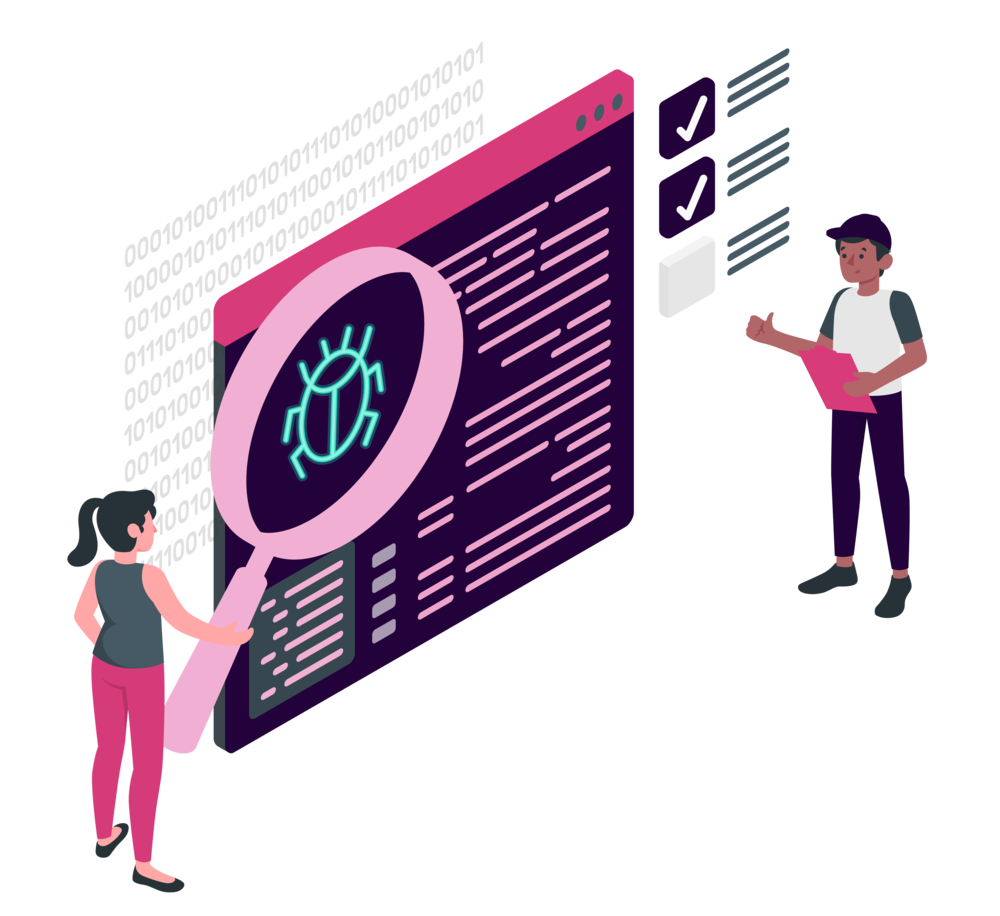
2. What is an example of modularity in ERP?
An example of modularity in ERP is the Oracle E-Business Suite. This ERP system provides businesses with a wide range of modules, including financial management, supply chain management, human resources, and customer relationship management. However, businesses can choose to implement only the modules that they need, allowing them to customize their ERP system to their specific needs.
For example, a small business may only need the financial management and customer relationship management modules, while a larger business may need all of the modules to manage their entire operation. By providing businesses with the flexibility to choose only the modules that they need, the Oracle E-Business Suite allows businesses of all sizes to implement an ERP system that meets their specific needs.
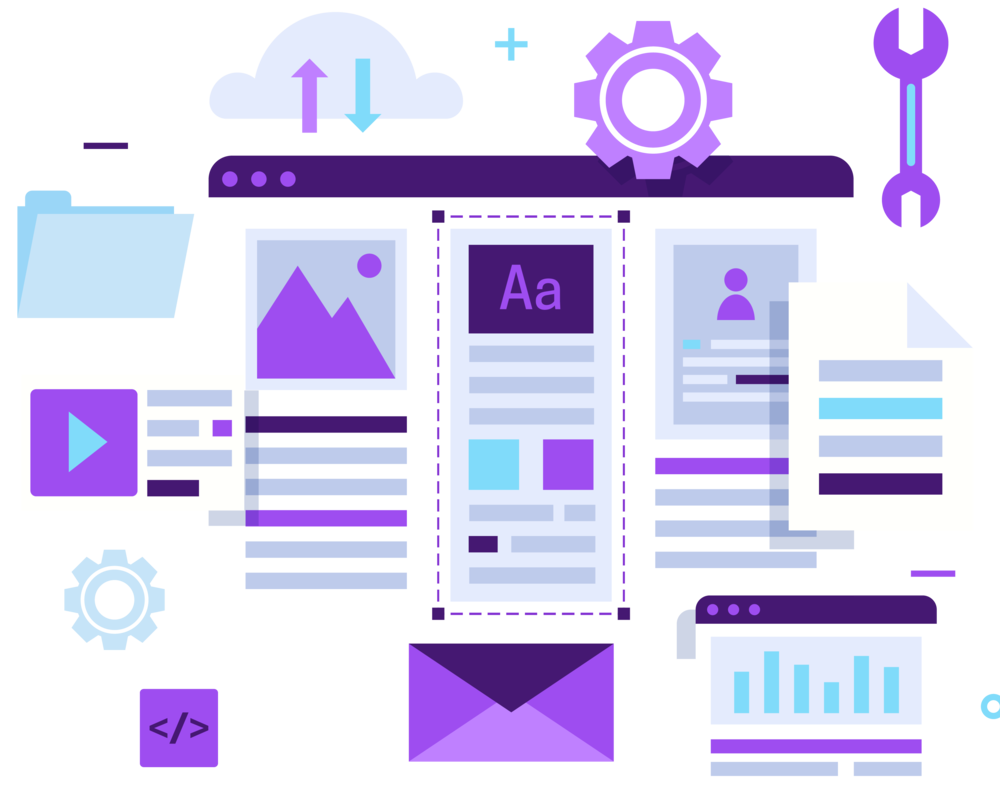
3. What are the basic modules of the ERP system and their features?
The basic modules of an ERP system typically include the following:
- Financial management: This module provides businesses with the tools to manage their finances, including accounts payable, accounts receivable, general ledger, and financial reporting.
- Supply chain management: This module allows businesses to manage their supply chain, including purchasing, inventory management, and logistics.
- Human resources: This module provides businesses with the tools to manage their workforce, including employee data, payroll, benefits, and performance management.
- Customer relationship management: This module allows businesses to manage their customer interactions, including sales, marketing, and customer service.
- Production management: This module provides businesses with the tools to manage their production processes, including planning, scheduling, and quality control.
Each module provides businesses with specific features and functionality to manage their business processes.
For example, the financial management module may include features such as accounts payable and accounts receivable management, financial reporting, and budgeting. The supply chain management module may include features such as purchase order management, inventory management, and logistics management. The human resources module may include features such as employee data management, payroll processing, and benefits administration. The customer relationship management module may include features such as lead management, sales forecasting, and customer service management. Finally, the production management module may include features such as capacity planning, scheduling, and quality control.
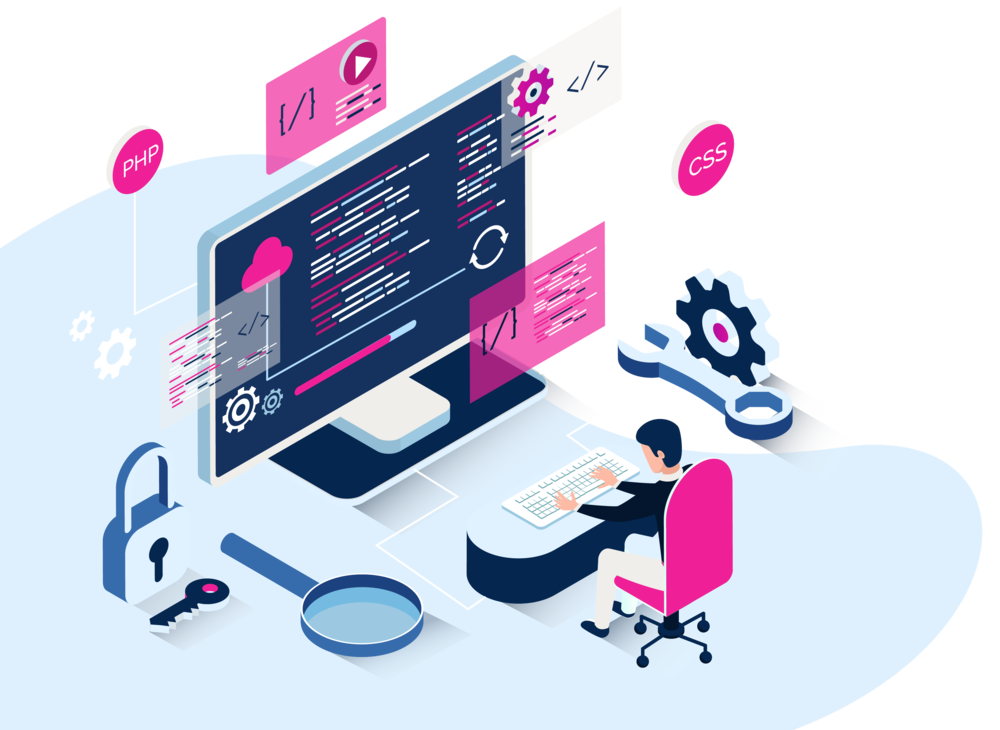
4. Why do businesses need a modular ERP?
Businesses need a modular ERP system because it allows them to customize their ERP system to their specific needs. Traditional ERP systems often require businesses to implement an entire suite of modules, which can be costly and time-consuming. With a modular ERP system, businesses can select only the modules that they need, allowing them to save money and time.
In addition, modular ERP systems provide businesses with the flexibility to add new modules as their needs change. As a business grows or changes, it may require additional functionality that was not previously needed. A modular ERP system allows businesses to easily add new modules to their existing system, without having to implement an entirely new system.
Modular ERP systems also provide businesses with better integration between modules. By selecting only the modules that they need, businesses can ensure that each module works seamlessly with the others. This can result in improved efficiency, as data can be shared between modules without the need for manual data entry.
Finally, modular ERP systems can be more cost-effective than traditional ERP systems. By only implementing the modules that they need, businesses can avoid the high upfront costs associated with implementing an entire ERP system. This can be especially beneficial for small and medium-sized businesses that may not have the budget to implement a full ERP system.
Real-world case study:
One example of a business that has successfully implemented a modular ERP system is Netflix. Netflix uses a custom-built ERP system that includes a range of modules, including financial management, human resources, and supply chain management.
By using a modular ERP system, Netflix was able to customize its system to its specific needs. For example, the company uses a custom-built inventory management system that allows it to track the availability of DVDs in its distribution centers.
In addition, Netflix's modular ERP system allows the company to easily add new functionality as needed. For example, when the company launched its streaming service, it was able to add a new module to its ERP system to support this new service.
Overall, Netflix's modular ERP system has helped the company to improve efficiency and streamline its business processes, allowing it to stay ahead of the competition in a fast-changing industry.
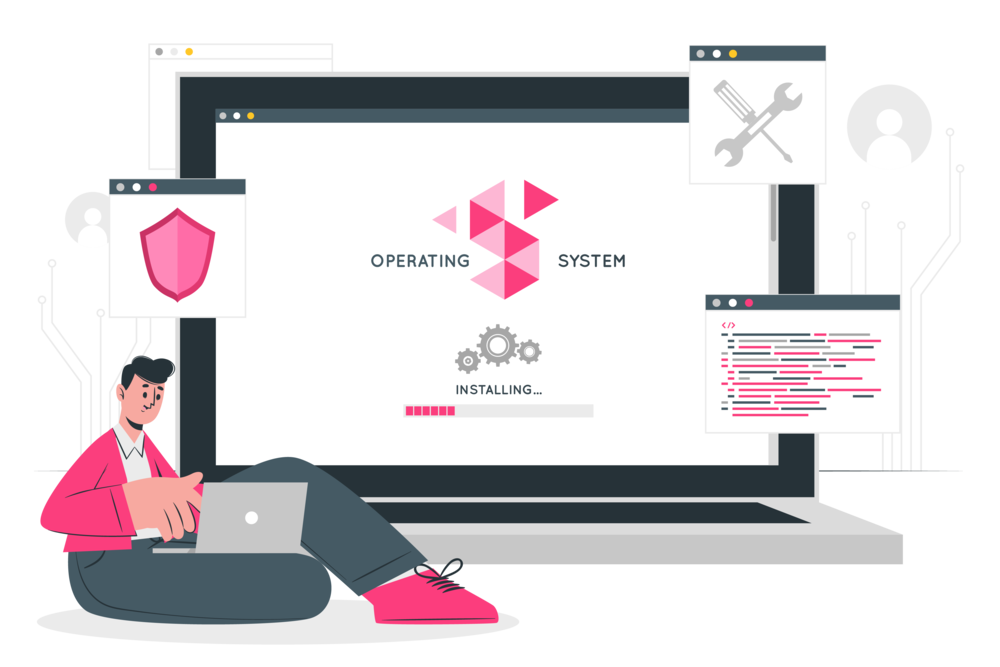
5. How to choose the right ERP modules for your business?
Choosing the right ERP modules for your business can be a complex process. Here are some tips to help you select the modules that are right for your business:
- Identify your business needs: The first step in selecting the right ERP modules is to identify your business needs. Consider what areas of your business could benefit from an ERP system, and which modules would be most useful for managing those areas.
- Prioritize your needs: Once you have identified your business needs, prioritize them based on their importance. This can help you determine which modules are most critical for your business.
- Consider integration: When selecting ERP modules, consider how they will integrate with each other. Choose modules that work seamlessly together, to avoid manual data entry and improve efficiency.
- Evaluate vendors: When selecting ERP modules, it's important to evaluate vendors to ensure that they meet your business requirements. Look for vendors that have experience working with businesses in your industry and that have a good track record of delivering quality products.
- Consider scalability: As your business grows, your ERP system will need to grow with it. Consider the scalability of your chosen ERP modules, and whether they will be able to meet your future needs.
- Evaluate cost: Finally, consider the cost of the ERP modules that you are considering. Look for modules that provide good value for the price, and that fit within your budget.
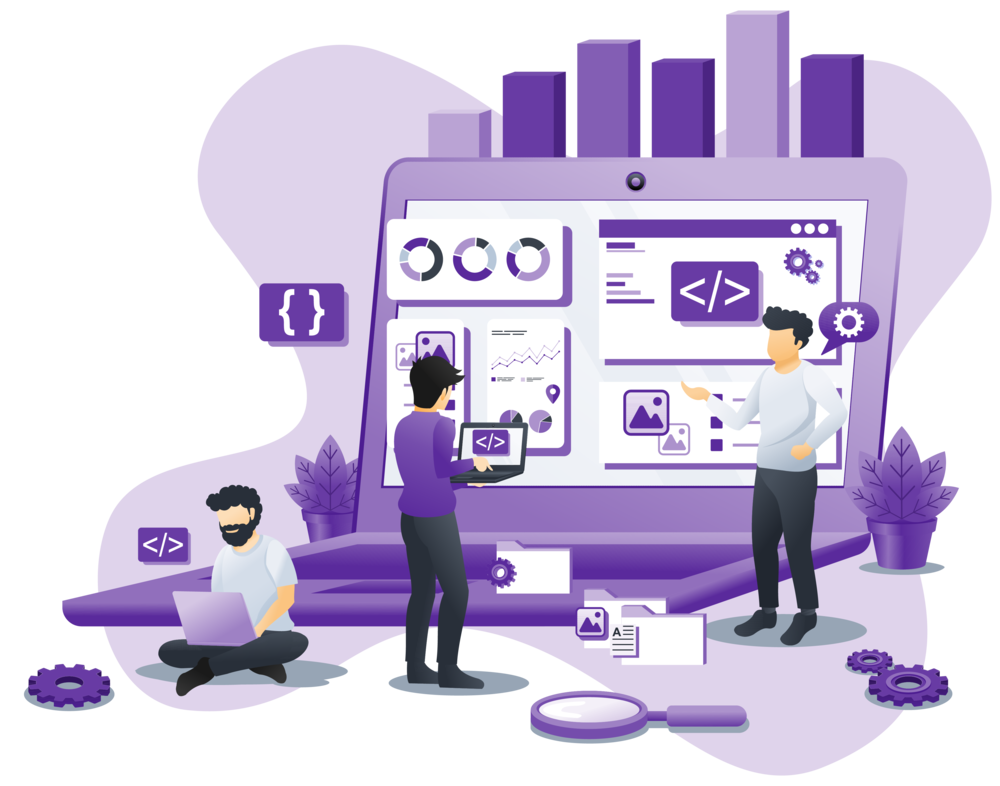
Conclusion
In today's fast-paced business environment, it's more important than ever for businesses to have the tools they need to manage their resources effectively. A modular ERP system can provide businesses with the flexibility and customization they need to manage their business processes efficiently and cost-effectively.
When selecting ERP modules, it's important to consider your business needs, prioritize your requirements, evaluate vendors, and consider scalability and cost. By following these guidelines, businesses can select the ERP modules that are right for their specific needs, and enjoy the benefits of improved efficiency and streamlined processes.
If you are looking for a trusted IT partner, VNEXT Global is the ideal choice. With 14+ years of experience, we surely can help you to optimize your business digitalization within a small budget and short time. Currently, we have 400+ IT consultants and developers in Mobile App, Web App, System Development, Blockchain Development and Testing Services. We have provided solutions to 600+ projects in several industries for clients worldwide. We are willing to become a companion on your way to success. Please tell us when is convenient for you to have an online meeting to discuss this further. Have a nice day!

